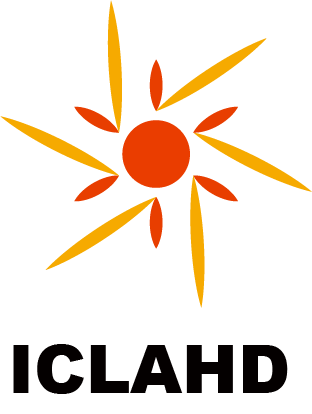Literature
· Language, Culture and Translation
· Literature and English teaching
· Literature and Globalization
· Regional literature
· The development of ancient poetry
· Chinese literary translation
· New Century literature
· Classical literature
· Study of literary Theory
· Ecological literature
· The ideological connotation of-
· Chinese female literature
· Network literature
· Language and literature
Art
· Theory of art
· Music and dance
· Drama and Film Studies
· Fine arts
· Animatronics
· Chinese painting and calligraphy
· Artistic designing
· Design Science
· Culture industry
· Film and film production
· Drama Studies
· Film and television management
· Phonology and morphology
Human Development
· Aesthetics
· Inheritance of literature and art
· Health Education
· History and social development
· Humanistic concern
· Humanitarianism
· Innovation and exploration of social management system
· Mental health
· Investigation and analysis of health problems



 The topics of interest for submission include, but are not limited to:
The topics of interest for submission include, but are not limited to: Please send the full paper(word+pdf) to Submission System :
Please send the full paper(word+pdf) to Submission System :  Submitted paper will be peer reviewed by conference committees, and accepted papers after registration and presentation will be published in the Conference Proceedings, which will be submitted for indexing by Ei Compendex, Scopus.
Submitted paper will be peer reviewed by conference committees, and accepted papers after registration and presentation will be published in the Conference Proceedings, which will be submitted for indexing by Ei Compendex, Scopus.